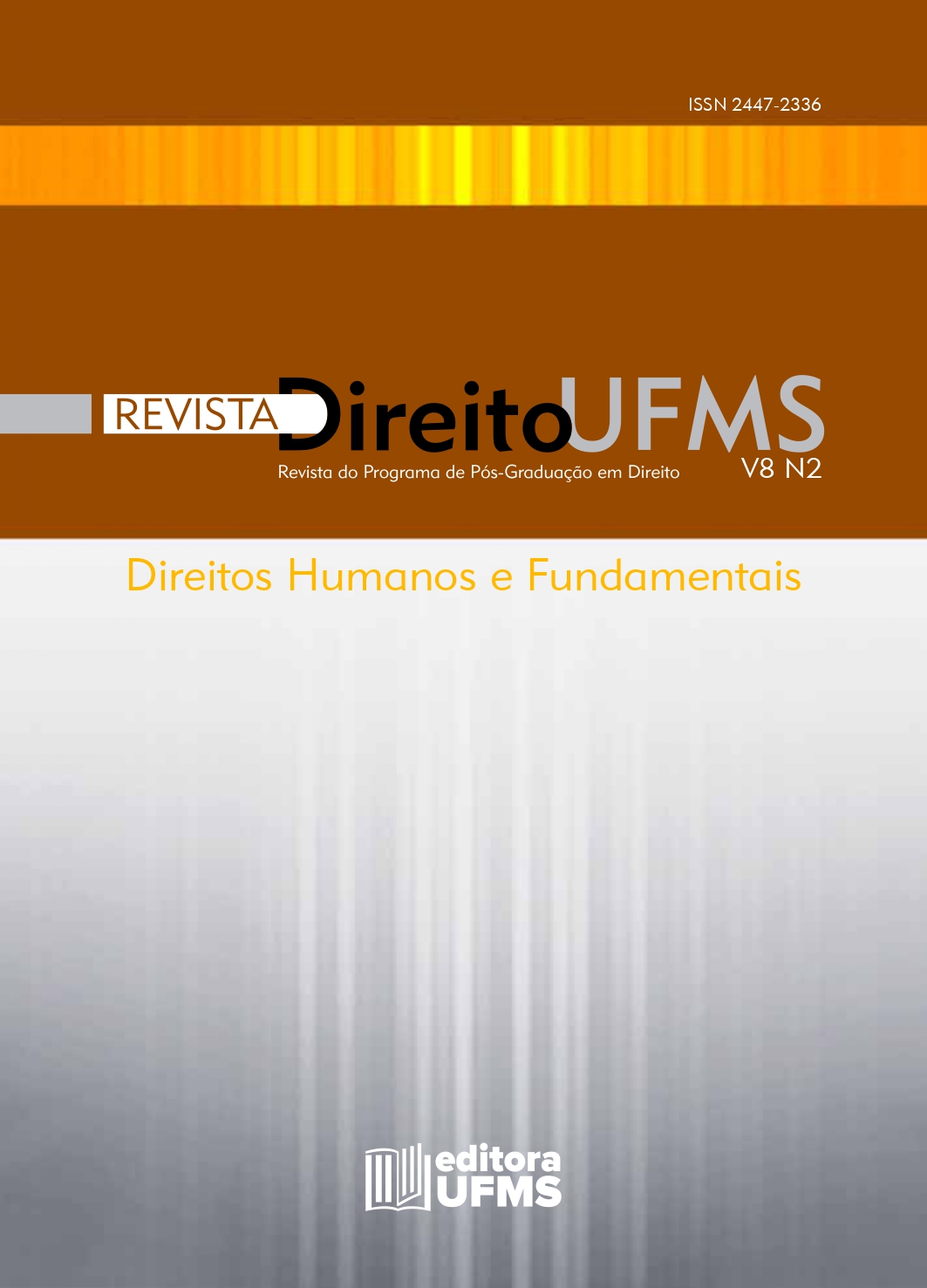O PARTICIPATORY LEGAL EDUCATION AND SOFT SKILLS IN THE LAW PROFESSIONAL
Abstract
The aim of this paper is to investigate how participatory legal education can contribute to the development of soft skills in 21st century law professionals. Initially, it is verified how the new National Curriculum Guidelines for the Law undergraduate course interfere in the process of training students of Higher Education Institutions; then, it points out the possible contributions of participatory legal education to the development of soft skills and UN Sustainable Development Goal 4 of Agenda 2030 - Quality Education and, finally, it identifies which skills the labor market, influenced for new technologies, demand of the professional of the law of the 21st century. The methodology used is supported by bibliographic research, based on authors such as Horácio Wanderlei Rodrigues, José Garcez Ghirardi and Marina Feferbaum, pure research regarding the use of results and qualitative in terms of approach, it is also classified as descriptive, exploratory and explanatory. It is concluded that the participatory legal teaching, as it works with active teaching-learning methodologies, foreseen in the National Curriculum Guidelines of the Law courses, develops soft skills in the students and contributes to the achievement of the desired profile to the law professional of the century XXI.
I (we), below signed, transfer all the Copyright rights of the article entitled (title) to the UFMS LAW REVIEW – UFMSLR.
I (we) declare that the paper is original and that it is not being considered for the publication in another journal, be it in electronic or printed format.
I (we) have complete knowledge the journal reserves the right to effectuate alterations of normative, orthographic and grammatical order in the originals, with the objective to maintain the cult pattern of the language, respecting, however, the authors’ style and that the originals will not be returned to the authors.
















